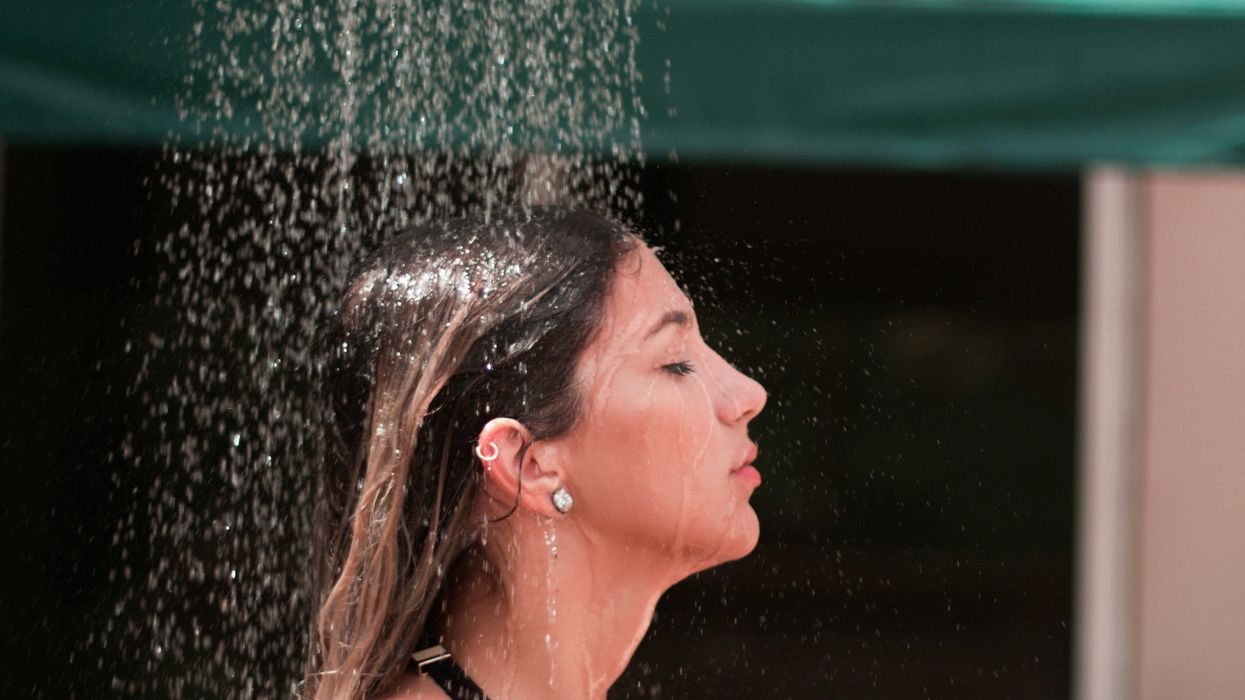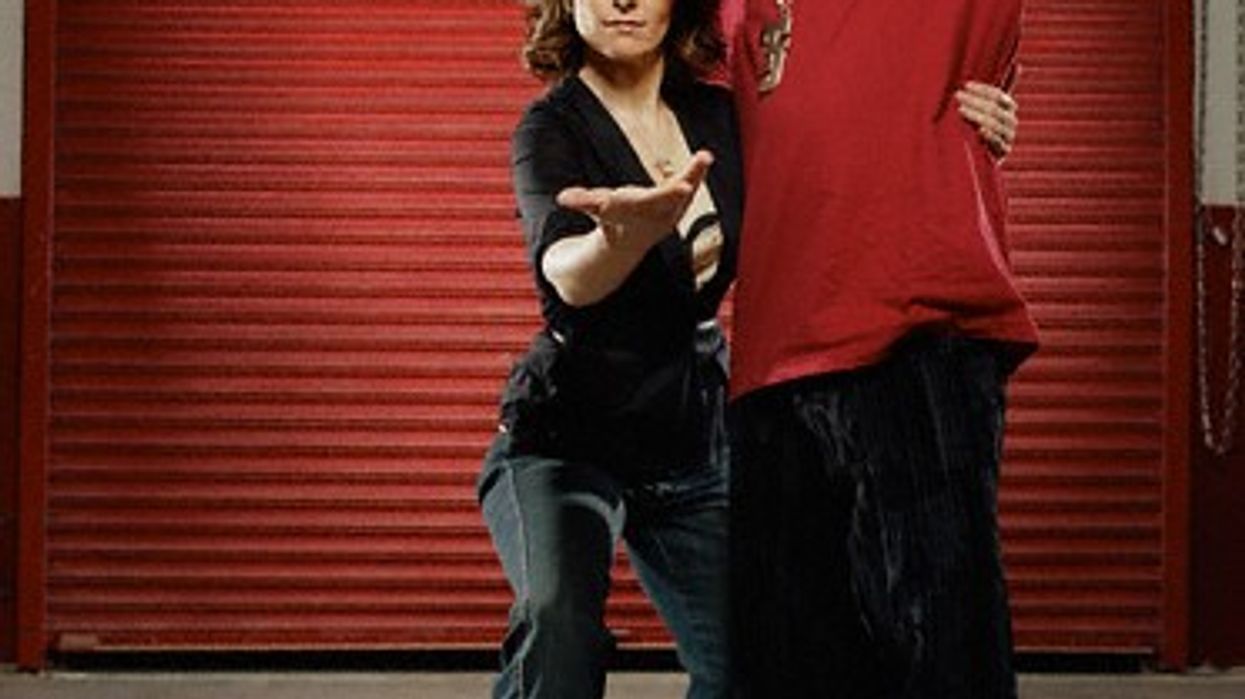Low voting turnout rates is a problem that threatens the legitimacy of American democracy. Yet more than a few political scientists puzzle over the fact that anyone bothers to vote at all.
Rational choice theory (RCT) looms large in microeconomics but also has hotshot adherents in political science. Born at the Rand Corporation in the 1950s, RCT holds that self-interest guides us. It posits a kind of a hyper-individualism that calls to mind that other Rand.
Voting presents a paradox to RCTers because the chance that a single vote will determine the outcome is effectively zilch. So, given that voting entails "costs" in the form of time and effort, "Why do rational actors contribute to the public good of electoral outcomes, especially since the likelihood that their vote will be decisive is nearly zero?"
Oh oh I know! Because people—many of us—want to contribute to the collective good, because we don't want to "free-ride" on the efforts of others, because at least when it comes to voting, we're not selfish rational maximizers; we're idealistic rational citizens.
RTCers scoff at such notions:
One reason people often offer for voting is "But what if everybody thought that way?"...[I]n this manifestation of magical thinking, people believe that if they bother to vote, everybody else in the country will also vote, and the American democracy will thrive, but if they don't bother to vote, then everybody else in the country will think like them, nobody will vote, and the American democracy will collapse.
But of course no one believes that voting will lead others to do the same; we vote, just as we recycle or volunteer, because we want to do our part. That's the essence of social responsibility, and the RTCers just can't wrap their heads around it.
To come to the conclusion that people vote because they feel they should, we don't have to rely on common sense. Research shows that applying social pressure, tapping into people's sense of obligation, is one of the most effective ways of getting them to vote.
But there's no need to use shame. We can increase turnout by making voting even more of social norm, entrenching it in the culture. At the same time, we could put our thumb on the scales so that for more people, the incentives to vote outweigh the disincentives.
And we could accomplish all this by making Election Day a holiday, a civic celebration.
Second in a series. One
This post is part of the Take Back Tuesday campaign to make Voting Day a national holiday. Sign up or encourage your company to join in at takebacktuesday.good.is.
Illustration by Tyler Hoehne









